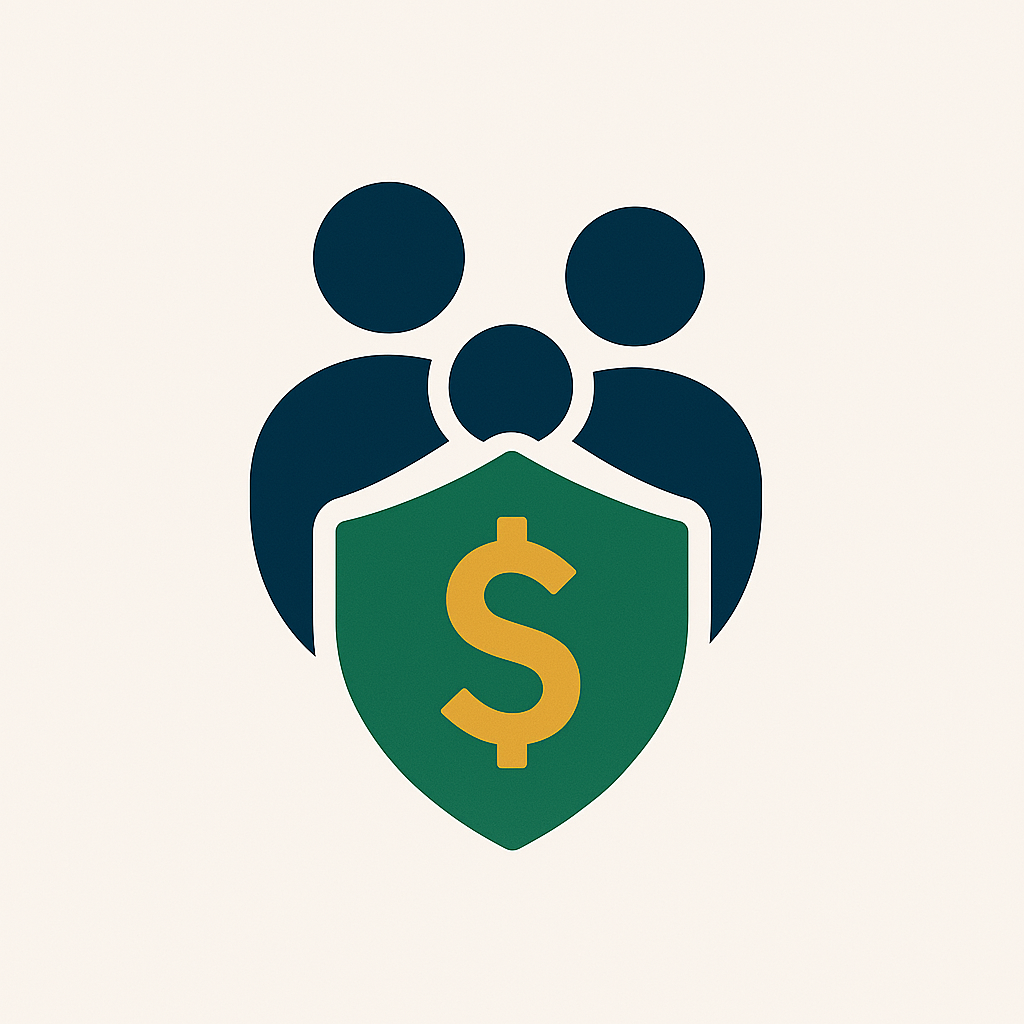How I Stay Disciplined With Money Without Being Perfect
Tired of overspending and ending up in the red? You’re not alone. Millions of people struggle with financial discipline, and it can feel impossible to break free from the cycle of overspending. But it’s not impossible to take control of your finances and achieve financial stability.
In this blog post, I’ll share the practical strategies I’ve used over the past year to stay disciplined with money and stick to my budget.
Breaking the Cycle
The first step to breaking free from overspending is identifying the triggers that lead you to spend. Is it stress, boredom, or the allure of a new purchase? Once you know your triggers, you can develop coping mechanisms to deal with them in a healthy way.
Creating a Budget and Tracking Expenses
Track your income and expenses for at least a month to get a clear picture of your financial situation. This will help you identify areas where you can save money and make adjustments to your budget accordingly.
Setting Realistic Goals
Don’t set unrealistic financial goals that you’ll quickly regret. Start with small, achievable goals and gradually work your way up as you gain financial confidence.
Prioritizing Needs over Wants
It’s easy to get sucked into impulsive purchases, but it’s important to prioritize your needs and wants. Take some time each month to reflect on what’s truly important to you and make purchases that align with your goals.
Using Cash Envelopes
Envelopes for specific spending categories can help you resist the urge to overspend. This method can also help you save money for unexpected expenses without affecting your spending habits.
Financial Freedom Starts With Self-Control
Remember, financial discipline is a lifelong journey, not a one-time fix. Be patient with yourself, celebrate your successes, and don’t be discouraged by setbacks.
Additional Tips for Financial Discipline:
* Track your progress: Regularly review your budget and financial statements to track your progress towards your financial goals.
* Automate your finances: Set up automatic transfers from your checking account to your savings and investment accounts.
* Take advantage of discounts and coupons: Always look for ways to save money on your everyday purchases.
* Cook at home: Eating out can be expensive. Cooking your meals can save you a significant amount of money.
* Negotiate bills: Contact your service providers, such as cable, phone, and internet companies, to negotiate lower rates.
Conclusion
Financial discipline is a skill that takes time and effort to develop, but it’s definitely achievable. By following these tips, you can break free from the cycle of overspending and take control of your finances. Remember, financial freedom is a journey, not a destination, so enjoy the process and celebrate your successes along the way!

Leave a Reply